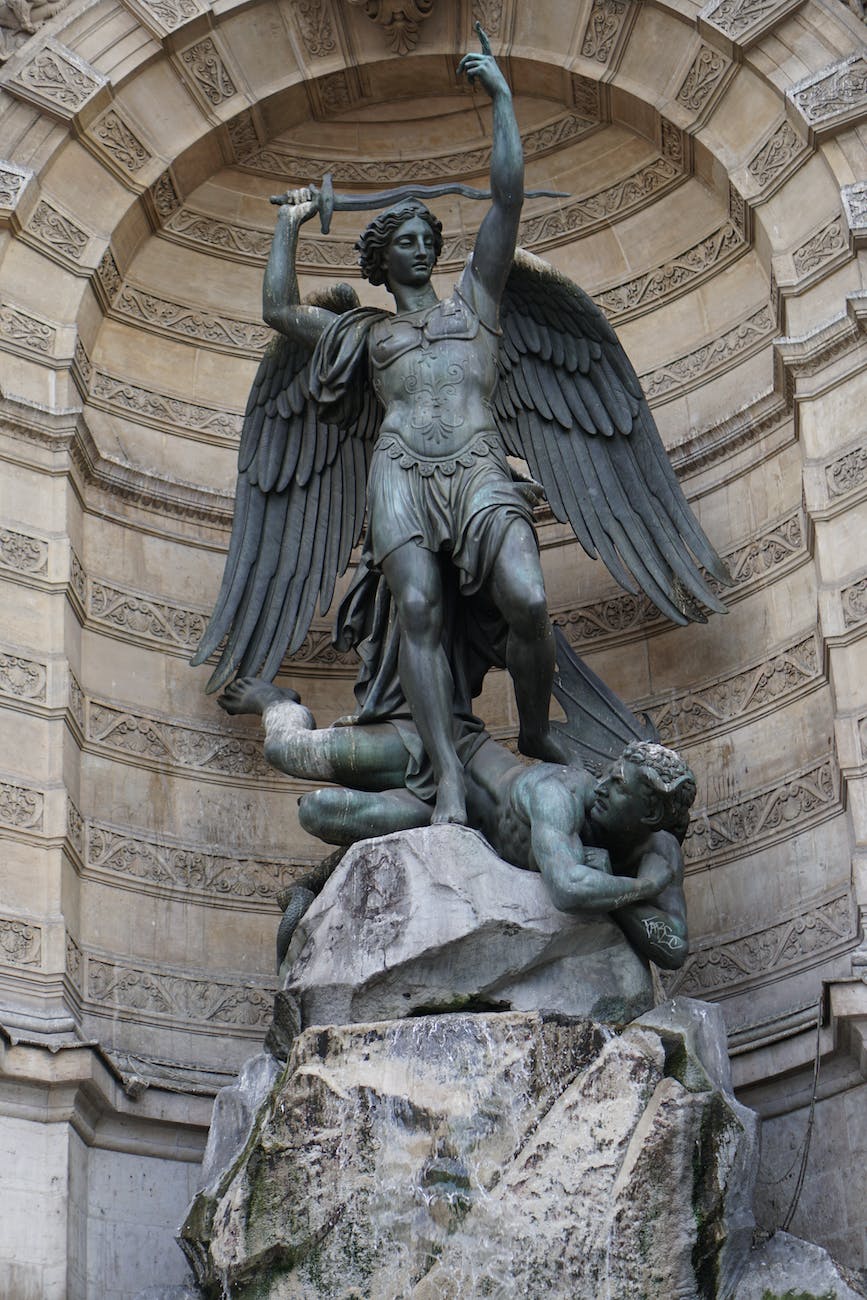The Reading from the Holy Gospel according to St. Luke. (8:41-56)
Where do we go when life becomes impossibly difficult? What do we do when it seems that everyone has left us and that even the very universe itself is conspiring against us? How do we take the next step when so many of the steps that came before it were full of pain and suffering and there wasn’t any relief found in those steps?
The are questions that trouble all of humanity. These are questions that trouble us as Christians. In the midst of all of these questions about the difficulties of life we seem to find only one answer: Hope against hope. Meaning, hope even when there seems no good reason to do so. And this is supported and backed by Holy Scripture isn’t it? St. Paul writes, “For in this hope we were saved. Now hope that is seen is not hope. For who hopes for what he sees? But if we hope for what we do not see, we wait for it with patience.” Romans 8:24-25
St. Paul tells us that even when things are difficult in our walk of faith we should nevertheless walk the road with patience. He tells us that we don’t see what we hope for. We wait patiently with faith because we have a firm belief that God will fulfill our hopes more than we can possibly imagine.
In today’s gospel reading we see not one but two cases of complete hopelessness, yet somehow, like a weed through the cracks in the pavement, the hope rose and climbed towards the light.
First we are told about the woman who was sick with bleeding for 12 years. This would have been a terrible illness not only because it completely depleted her but it would cause a mess and this mess couldn’t be cleaned with all of our modern methods of washing and drying. This woman would also be considered unclean because of her blood according to the Mosaic standards. We know that she was a completely helpless and hopeless woman because we are told that she was sick for a long time and that she had spent all of her living (her resources) on physicians who ultimately could not even help her.
The second case of hopelessness, where life seemed impossibly difficult was the death of the daughter of Jairus, the leader of the synagogue. Here again we see that life has taken an unexpected turn towards suffering and pain that is almost unbearable. For Jairus, there was no hope left. He went to Our Lord Jesus Christ with a shred of hope because his daughter was still alive but very sick. Yet on the way, the word came to him. She had died of her sickness. Your children are your life. This daughter was Jairus’ life. And now she was gone.
My brothers and sisters, do you know what happened in both of these stories? God honored their hopes. The woman came out of her despair but she came and touched the garments of Jesus with hope. Hope that she could be healed. Hope that she could live a normal life again. Hope that Jesus would be her savior. And she went away justified by her hopeful faithfulness.
Likewise, we see that Our Lord Jesus Christ entered into the impossibly difficult pain in the household of Jairus and He overcame the darkness with the light of His presence. Jairus was justified through his hopeful faithfulness.
The Lord Jesus Christ knows each of His children better than they know themselves. He knows your life. He knows your struggles. He knows your hopes and dreams and your fears and failings. The Lord is near to us. He is even more near when we are struggling. Don’t lose hope. When we lose hope that is called despair and this is a very great sin. Despair threatens to ruin our spiritual lives. St. Paul says “We are afflicted in every way, but not crushed; perplexed, but not driven to despair;” 2 Cor 4:8
The Psalmist King David writes “Why are you cast down, O my soul, and why are you in turmoil within me? Hope in God; for I shall again praise him, my salvation and my God.” Ps 43:5
How is this possible to be in the depths of the despair and yet not to lose hope? It is possible when we remind ourselves that God is the creator of all and the conqueror of all tribulations, even death. It is not that our problems are too big. It is that our concept of God is far too small.
St. Peter of Damascus writes “Patient endurance kills the despair that kills the soul; it teaches the soul to take comfort and not to grow listless (lethargic) in the face of its many battles and afflictions.”
In all of these trials we take comfort because we know that God is the one who has and will help us and guide us through the tribulations of life. Jesus Christ is the face of our hope. Because He lives, hope lives and never dies. May you all be filled with comfort by this knowledge. Christ is our hope and the hope of all the world. Glory be to God forever AMEN.
Source: Sermons
